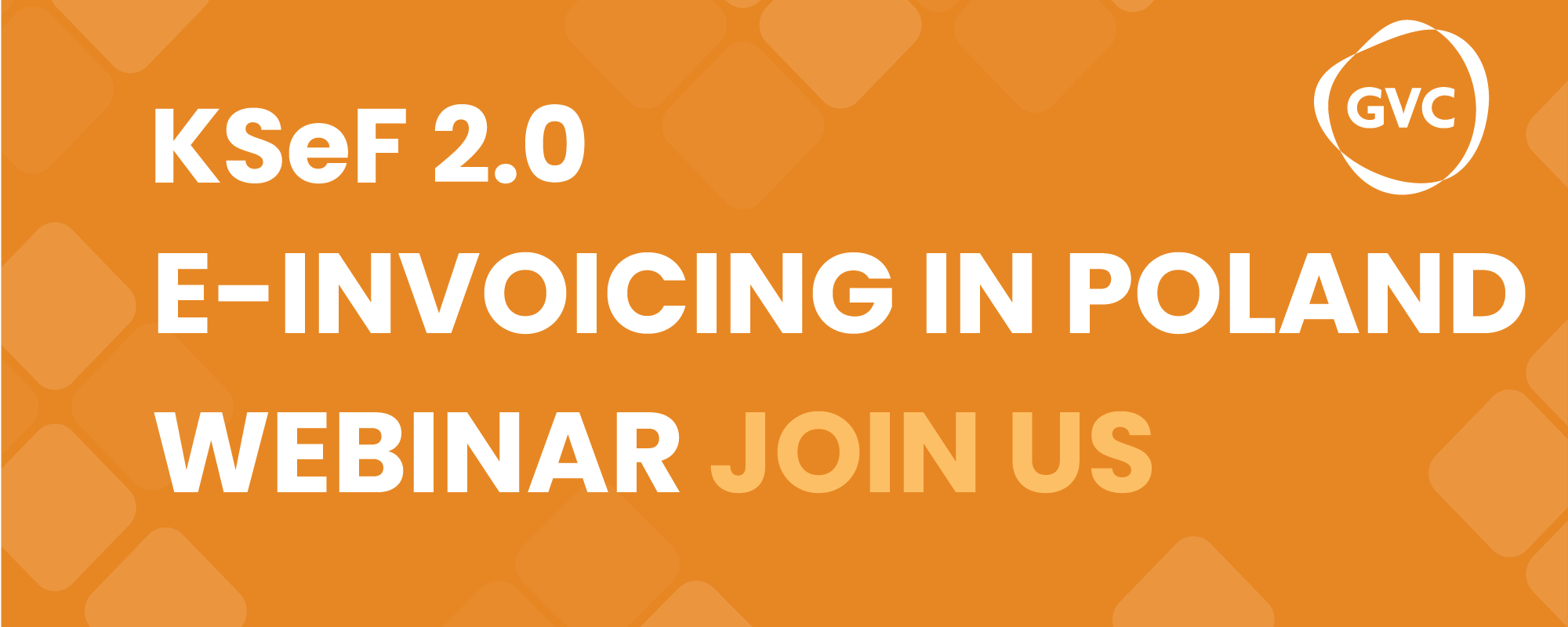- The IMF released a working paper on the efficiency of the Value Added Tax in June 2025.
- The paper focuses on VAT as a revenue-raising tool and its use for non-revenue objectives.
- VAT is highlighted for its potential to generate revenue with minimal distortions compared to other taxes.
- The paper examines VAT’s role in macroeconomic policy and its potential for environmental and health objectives.
- A well-designed VAT is considered highly efficient but should not be misused in industrial policy.
- Efficiency is defined as minimizing resources used to achieve objectives, not necessarily maximizing output.
- The paper sets aside equity issues but acknowledges their impact on efficiency.
Source: regfollower.com
Note that this post was (partially) written with the help of AI. It is always useful to review the original source material, and where needed to obtain (local) advice from a specialist.
Latest Posts in "World"
- E-Invoicing & E-Reporting developments in the news in week 49/2025
- Top Invoice Numbering Mistakes and Simple Ways to Prevent Costly Errors
- Country Profiles on E-Invoicing, E-Reporting, E-Transport, SAF-T Mandates, and ViDA Initiatives
- VAT Deduction: Historical Development and Legal Principles Shaping Modern Consumption Taxation
- Basware on YouTube – Compliance without the boring bits – Episode 5 (December 9)















